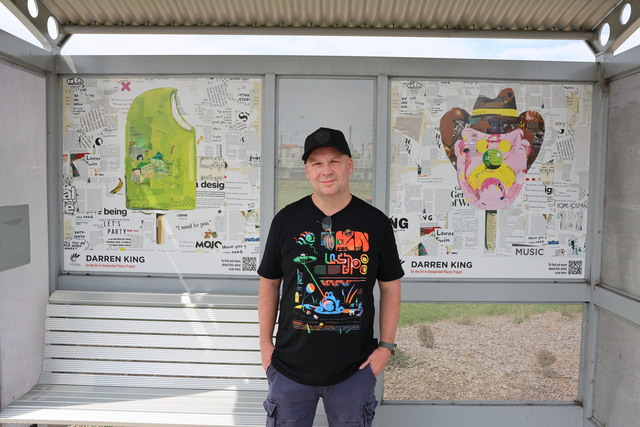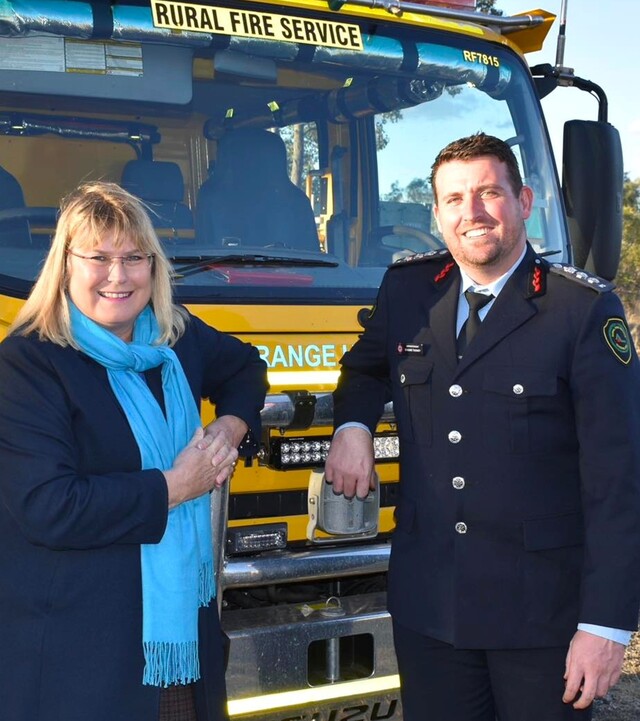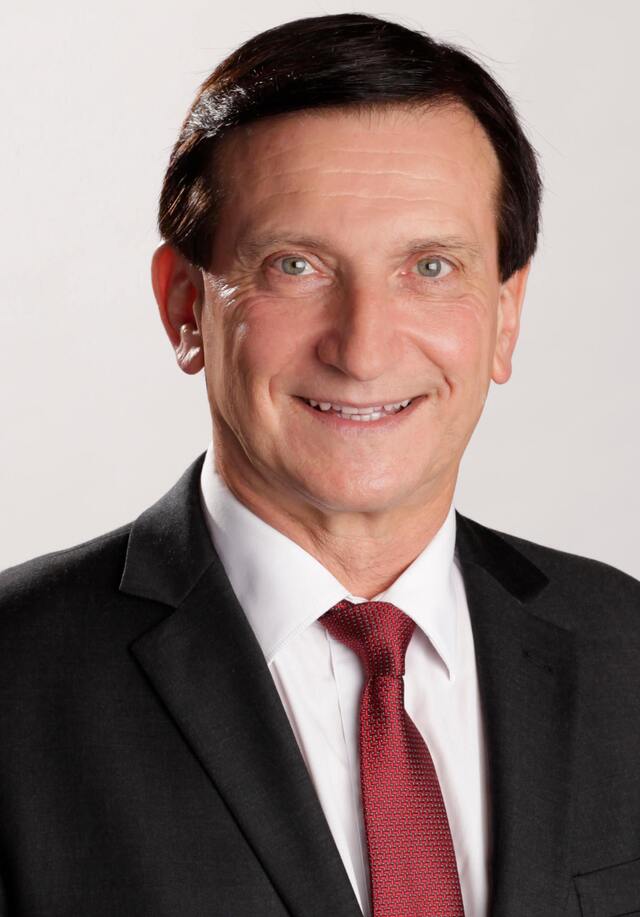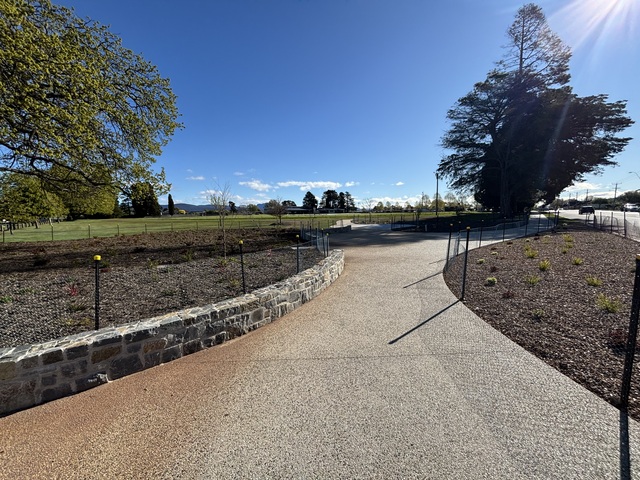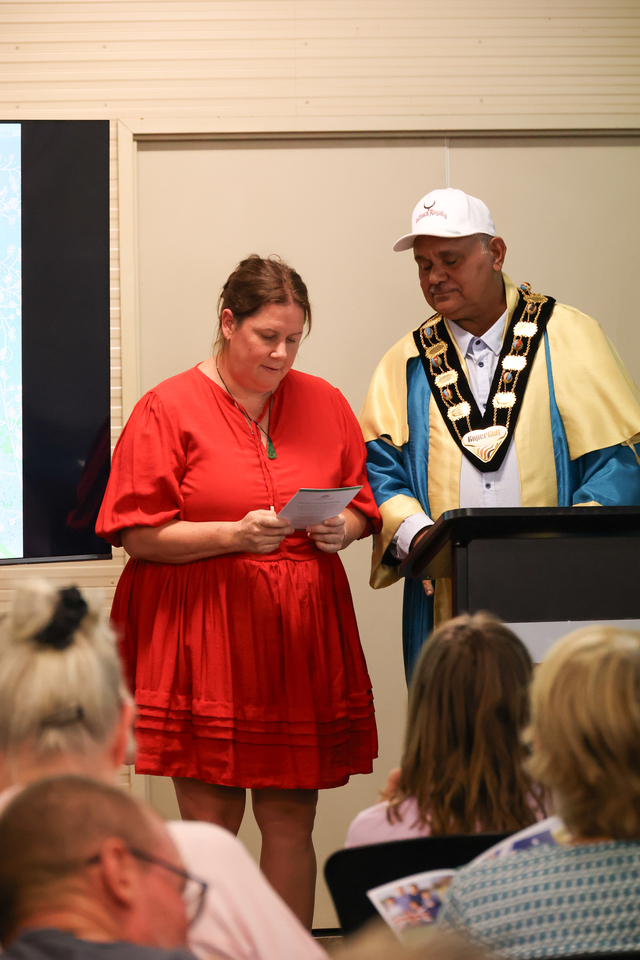by Wayne Wescott*
Local Governments and cities have steadily increased their presence at, and influence on, global meetings on climate change over the last few years. And the upcoming Conference of Parties at Copenhagen in December will bring some of that hard work to fruition.
Cities around the world have argued for many years that they should have a ‘seat at the table’ in these negotiations: cities are responsible for around 70 per cent of greenhouse gas emissions, probably now house the majority of the world’s population and hold significant political authority.
Proposed mechanisms such as the Carbon Pollution Reduction Scheme have a large impact on local communities.
The UN has a membership of 192 nations and struggles to align international agendas with regional (or State) and Local Governments. So this greater involvement by Local Governments in the climate change negotiations may have even greater consequences in the way that other multilateral processes are conducted.
What is possible?
Local Government representative organisations have been cooperating on some key goals: ICLEI has been working very hard with C40 and United Cities and Local Governments (UCLG) to identify text within official documentation that ensures Local Governments have a clearly defined and mandated role and that nations are required to formally consult with them. This will create a map for the future that formally builds in Local Governments as implementors, policy developers and advocates.
But it is more than this. Copenhagen is also the scene of many negotiations with multilateral funders like the World Bank, Foundations such as the Rockefeller Foundation and private sector firms focused on carbon trading.
The direction of the momentum for action is clear – even if the pace is unsettling for many – and so there will be many organisations looking to act ‘on the ground’ on climate change.
Investing in cities’ actions is a very practical way to do this. This is where Local Governments need to stand up and show that they are capable of being responsible and creative partners in the climate change battle.
There are a few ways in which cities are preparing to do this. ICLEI is maintaining the City Climate Catalogue (see www.iclei-europe.org/index.php?id=6860), which is a collection of Local Governments’ climate reduction targets and achievements: Australia has about 120 in there at the time of writing.
UCLG is promoting a Climate Action Map (see www.climateactionmap.org/) that uses Google to add many of the same sort of details.
There will be many case studies and examples shown at Copenhagen.
During the conference, from 14 to 17 December, the Mayor of Copenhagen has invited 100 Mayors from around the world to a summit to focus attention on cities – Melbourne’s Lord Mayor Robert Doyle and Sydney Lord Mayor Clover Moore are Australia’s two official representatives.
There are also many other Local Government representatives who will be present, both to use the Local Government space that has been retained within the Conference of Parties itself to talk to national delegations and also to learn and network more about this critical issue.
*Wayne Wescott is the former CEO of ICLEI Oceania and is now a partner in Wescott & Wyman Global and the Senior Sustainability Advisor for UCLG Asia Pacific.


